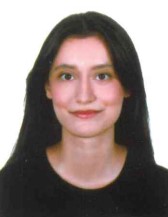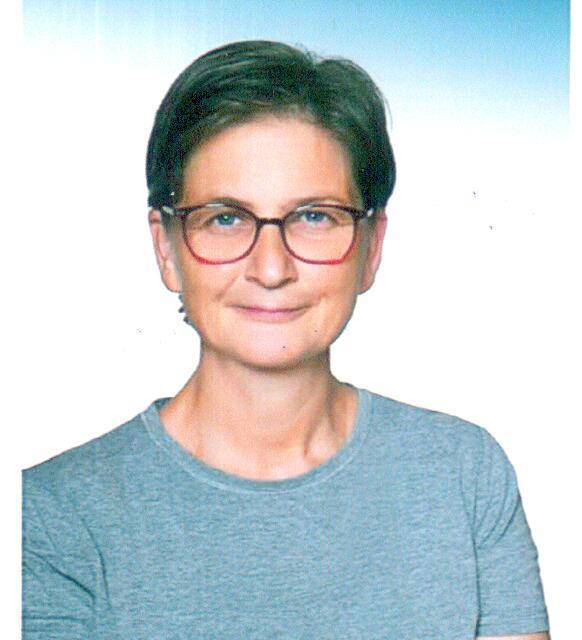As a result of the Covid-19 pandemic in the world, people have gone through an inactive period, and many individuals who have had the disease have had permanent damage, especially to the respiratory system and musculoskeletal system. According to the data of the World Health Organization, our world is getting older with the rapid increase in the elderly population and attention should be paid to the issue of healthy aging. In addition to these, the need for physiotherapy and rehabilitation has increased and has become a necessity today, as a result of the fact that business life pushes adults to a sedentary life during the Industry 5.0 period, and as a result of the decrease in physical activity and obesity in children as technology develops. Subjects such as musculoskeletal system problems, cardiopulmonary system diseases, obesity and diabetes are important, current, and developing issues in the physiotherapy and rehabilitation department for healthy aging. There is a need for scientific research in all areas of physiotherapy and rehabilitation, especially on these issues, and physiotherapists who will treat patients in clinics.












 50% Tuition Fee Waiver
SAY
50% Tuition Fee Waiver
SAY
 Full Tuition Fee Waiver
SAY
Full Tuition Fee Waiver
SAY